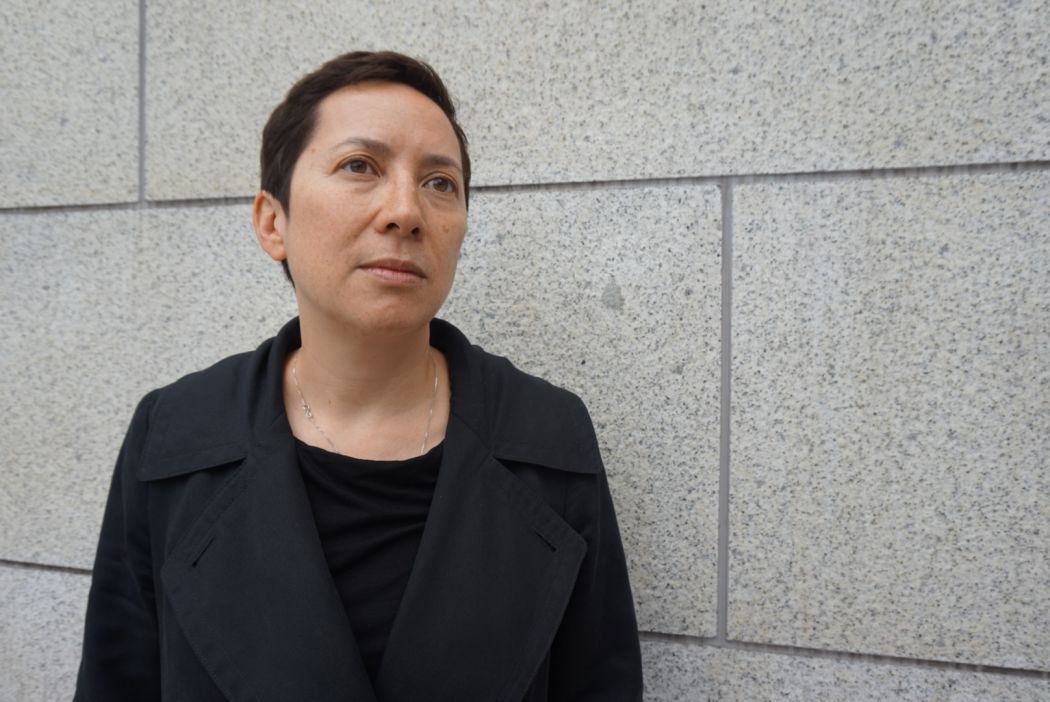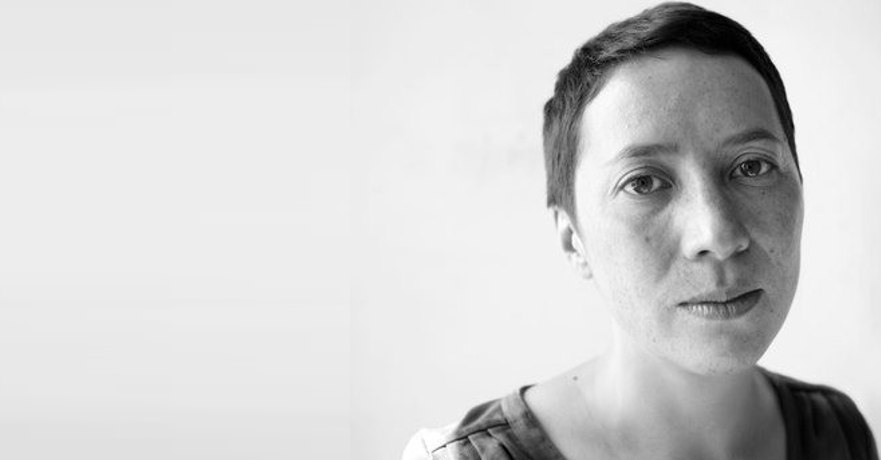Although 30 years have passed since the Tiananmen Massacre, the bloody crackdown has become increasingly sensitive for journalists stationed in China to cover.
Louisa Lim, a veteran China reporter-turned-scholar, surveyed 60 current and former China-based correspondents and found that three-quarters of those who had covered the anniversary had been on the receiving end of harassment and intimidation.
“The party is still terrified by the legacy of Tiananmen and it really tried to limit coverage in all kinds of ways,” Lim told HKFP in an interview.

“I think it’s interesting because it shows not just that they are trying to control discussion about June 4 inside China, but they are also trying to control the way that it is portrayed or remembered outside China.”
The massacre, which began on June 4, 1989, ended months of student-led demonstrations in China as the military was deployed to crack down on protesters in Beijing. It is estimated that hundreds, perhaps thousands, of people died.

Lim, who covered China for outlets including NPR and BBC, is now is a senior lecturer at the Centre for Advancing Journalism at the University of Melbourne. She also wrote a book on the massacre, The People’s Republic of Amnesia: Tiananmen Revisited, published in 2014.
Respondents of Lim’s survey said that physical access to Tiananmen Square was often blocked around the anniversary, while in some cases, police officers would directly pull journalists away. In other cases, respondents reported that police officers went to their offices and told them not to go to Tiananmen Square.
In 2009, BBC and CNN correspondents were blocked from speaking to their camera by plainclothes police officers welding umbrellas In another case in 2013, a Sky News correspondent was detained in the midst of a live segment in the square.

Lim’s survey showed that one in five reporters covering the anniversary had been intimidated or detained, and complaints were lodged against them. She said the intimidation “does have an impact on shaping the stories [journalists] tell and the ways that they tell it.”

A key concern when reporting on the massacre, according to the survey was access to sources, as many said their sources were intimidated or detained. In many responses, the journalists said they often dropped anniversary reporting because of the difficulty of finding sources, or the difficulty of securing the safety of their sources.
As the scope, quantity and type of coverage were limited, Lim said the problem was that many stories leading up to June 4 were not remembered, such as the seven weeks of protests ahead of the massacre and the “Democracy University” on the square.
“When you limit the types of coverage in that way, so you are really only telling one story – [it] actually serves to amplify the Chinese government’s message that political activism is dangerous,” she said.

The strategy of most journalists, Lim said, has become to start up to six months early on anniversary stories to avoid many of these issues.
Lim’s survey also asked an open-ended question to foreign journalists in China, if they felt their reports had any impact. The result shocked Lim: The longer that they had spent in China, the less impact that they felt their work had.
“A very clear cohort of people said they felt their work had zero impact,” she said. The respondents on average spent 13 years reporting on China.
Some journalists, including many with awards, took the view that there were no new stories coming out of China.
Lim said their cynicism may be linked to the challenges they faced in day to day reporting.
“The oppression becomes normalised,” she said.
A third of the respondents said they did not report on their own intimidation, because they felt it was normal in China. Lim said that figure was too high.

But whether journalists reported on their own difficulties depended on the medium they were using. For television journalists, the oppression itself was the story; print journalists would try to find ways to work around to report on the story; journalists at wire agencies were often not allowed to talk about their experiences.
Lim said journalists may have to change their norms in reporting in authoritarian countries. Many journalists feared increased threats to their visas if they report on something the police told them not to do.
“It was surprising to me how many people said ‘I did not want to make myself part of the story,’” Lim said.
Lim said news organisations in the US were changing their ways in reporting on President Donald Trump, because “so much of what he said was untrue.” She thought similar lessons could be extended to China.
“[It is] worthwhile for journalists in China to make an extra effort to enumerate the kind of challenges and restrictions they face when they report stories,” she said.

It is useful for readers to understand how stories were constructed and shaped by external forces, Lim said. An example was Xinjiang stories: foreign journalists had changed their norms in covering the region.
“My survey result would definitely point to the importance of transparency – both to help audiences understand how stories are shaped and made, but also as an act of agency by journalists themselves in order to push back against intimidation, repression,” she said.
“If everybody reports these things, the possibility of reprisal is reduced.”
The Hong Kong Free Press #PressForFreedom 2019 Funding Drive seeks to raise HK$1.2m to support our non-profit newsroom and dedicated team of multi-media, multi-lingual reporters. HKFP is backed by readers, run by journalists and is immune to political and commercial pressure. This year’s critical fundraiser will provide us with the essential funds to continue our work into next year.

